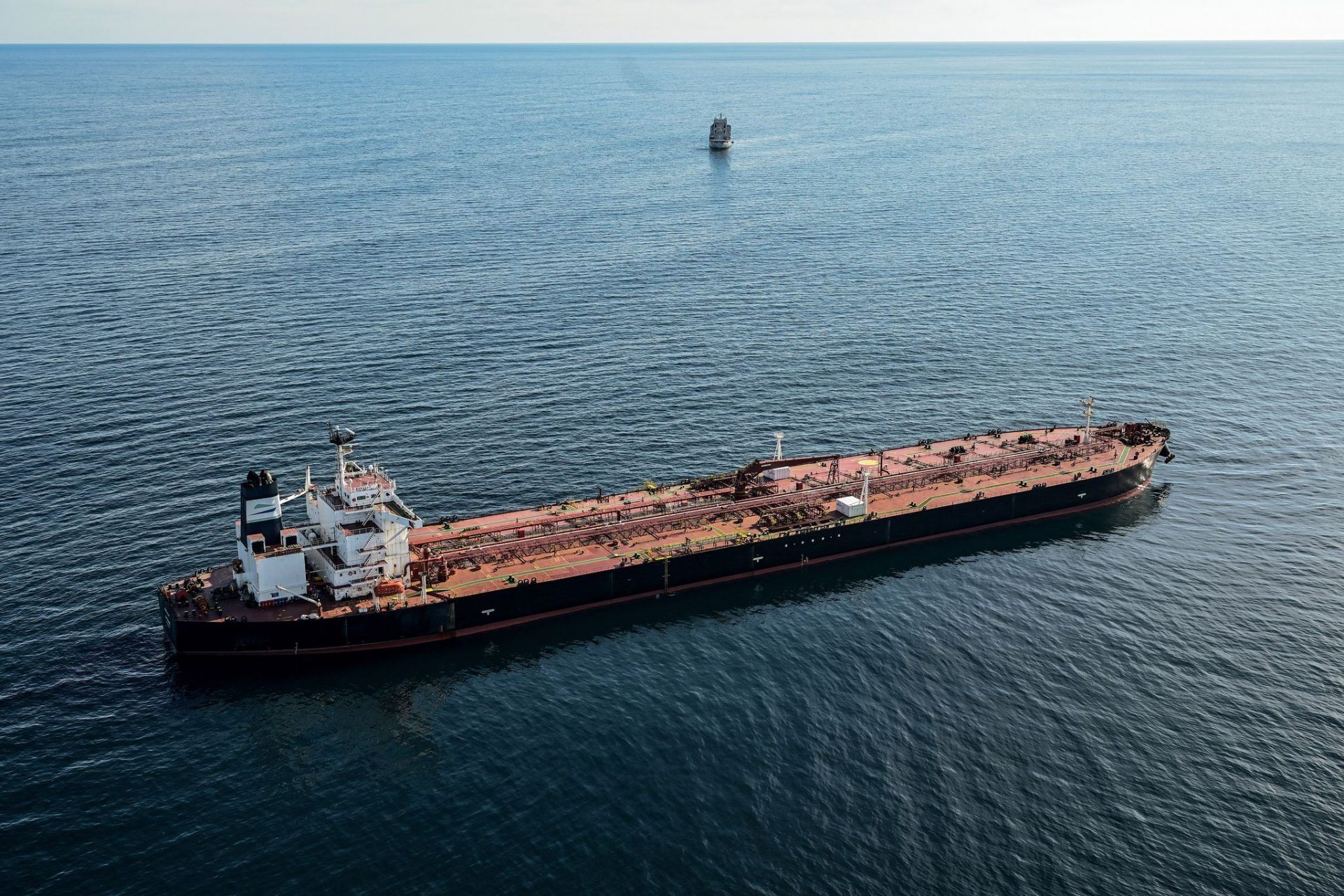Luxembourg (dpa) – The so-called Russian shadow fleet to circumvent international oil sanctions due to the Ukraine war is increasingly worrying the EU. According to an internal analysis, the size of the fleet is now estimated to be between 600 and 1,400 tankers.
“These ships not only contribute to the Russian war economy but also pose a significant danger to the environment and maritime safety,” warn experts from EU foreign affairs chief Kaja Kallas in the document that served as a basis for discussions at a foreign ministers’ meeting in Luxembourg on Monday.
Accidents could cause oil disasters and other marine pollution – with devastating consequences for coastal areas, ecosystems, and fisheries. Since many of the ships have unclear ownership and, according to experts, are not or only inadequately insured, taxpayers in coastal states would likely have to bear the costs of damage removal in the event of an accident.
Ships as Platforms for Drone Attacks
Furthermore, the text available to the German Press Agency warns that ships of the shadow fleet can be used as platforms for launching drones for disruption or espionage attacks. This suspicion also arose after mysterious drone sightings in Denmark, which had led to significant restrictions on air traffic, especially in the capital, Copenhagen. “Moscow’s shadow fleet finances Russia’s war and simultaneously serves as a launch point for hybrid attacks,” Kallas warned on Monday at the foreign ministers’ meeting.
To address the problems with the shadow fleet, Kallas now proposes not only to take stricter action against involved ships and shipping companies but also to cooperate more intensively with coastal countries and those states under whose flag the ships are registered. Ideally, these states should give their consent for ships to be controlled by naval forces from EU countries.
According to the working paper for the foreign ministers’ meeting, three EU naval missions have already been tasked since June 2025 with monitoring the shadow fleet and gathering information about it. This includes the operation “Aspides,” which is primarily intended to protect commercial ships in the Red Sea from attacks by the Yemeni Houthi militia.
In the Future, More than 560 Ships to be on Sanctions List
Through the so-called shadow fleet, Moscow has been trying for years to circumvent a price cap on Russian oil introduced by Western supporters of Ukraine. For this purpose, mostly outdated ships and various methods are used to obscure the origin of oil shipments. Sometimes the transponder of the satellite-based automatic identification system (AIS) is turned off or manipulated, and at times oil is transferred at sea between tankers.
For the EU foreign affairs chief to implement her plans, she needs the approval of the EU member states. The same applies to further sanctions. According to the document, it is planned that the number of ships affected by port bans and penalties will increase from the current 444 to 562 as part of the 19th package of EU-Russia sanctions.
At the EU foreign ministers’ meeting, Kallas said she hoped that an agreement on the 19th sanctions package could be reached this week at a meeting of the heads of state and government of the EU countries. However, one must continuously seek new ways in the fight against the shadow fleet, as Russia is inventive in circumventing sanctions. The topic also includes new powers to board ships. To consolidate best practices from across the Union, she has now appointed a special coordinator, Kallas explained. (October 20)
 go to the original language article
go to the original language article
